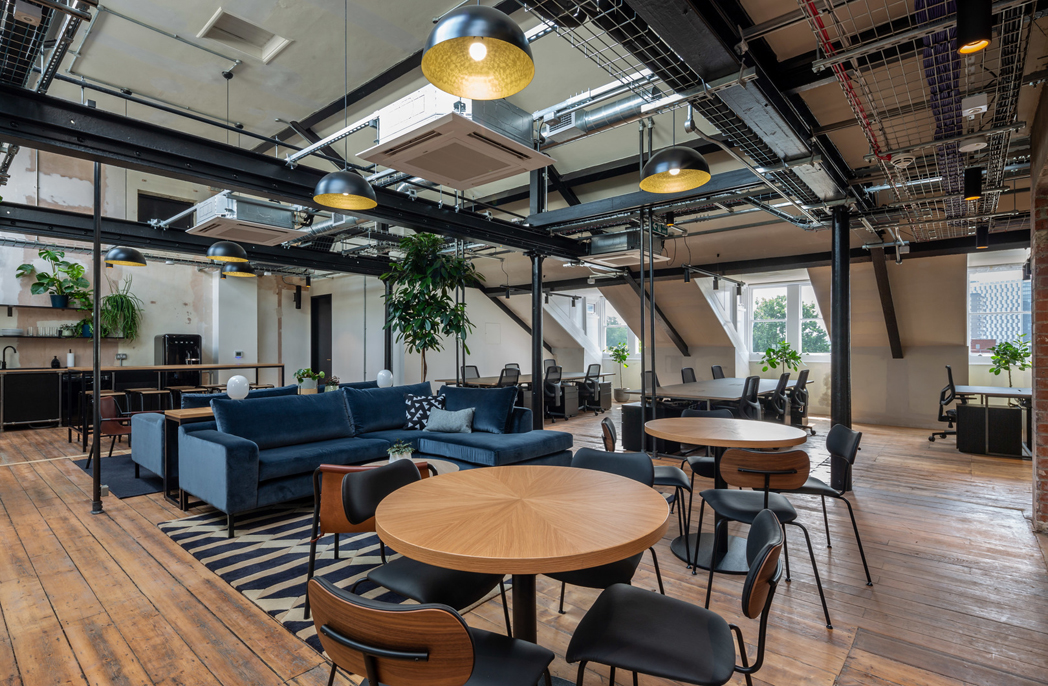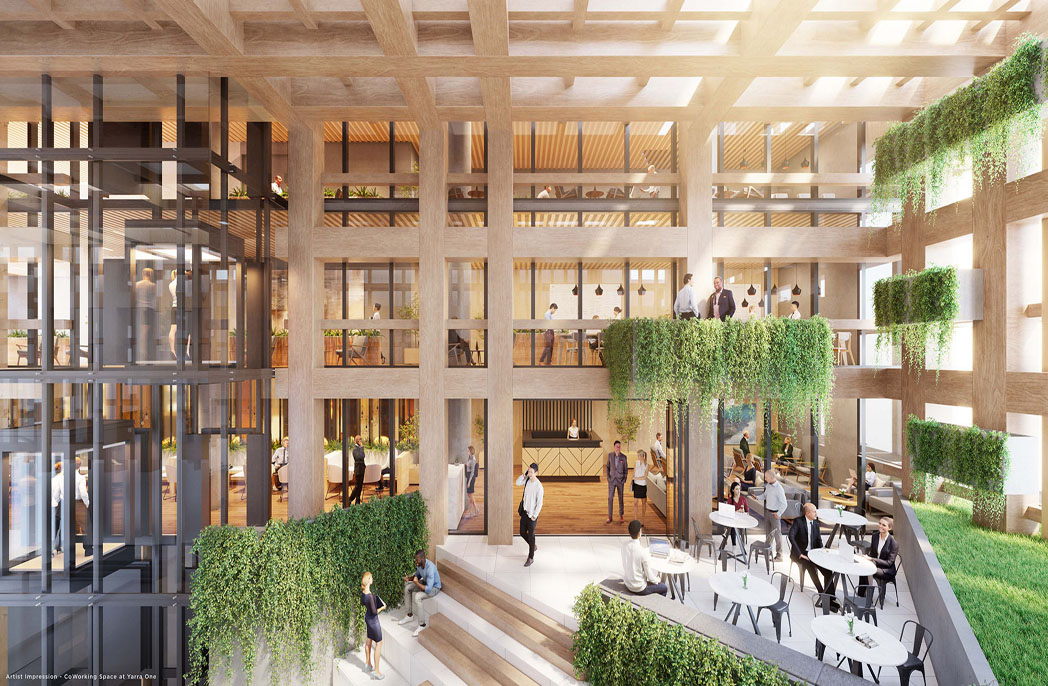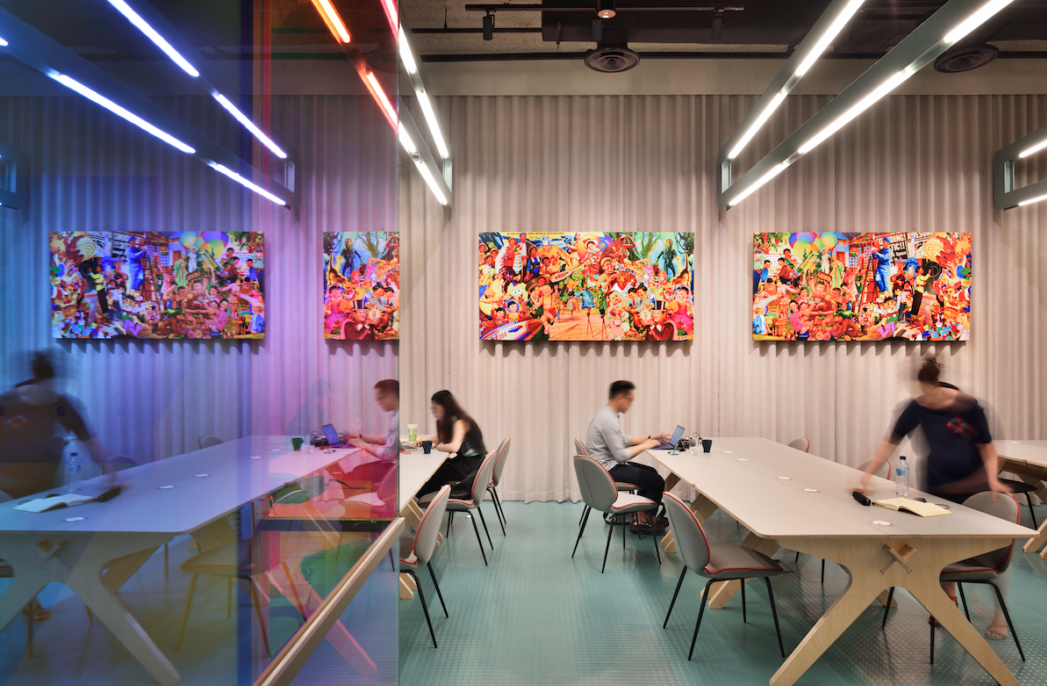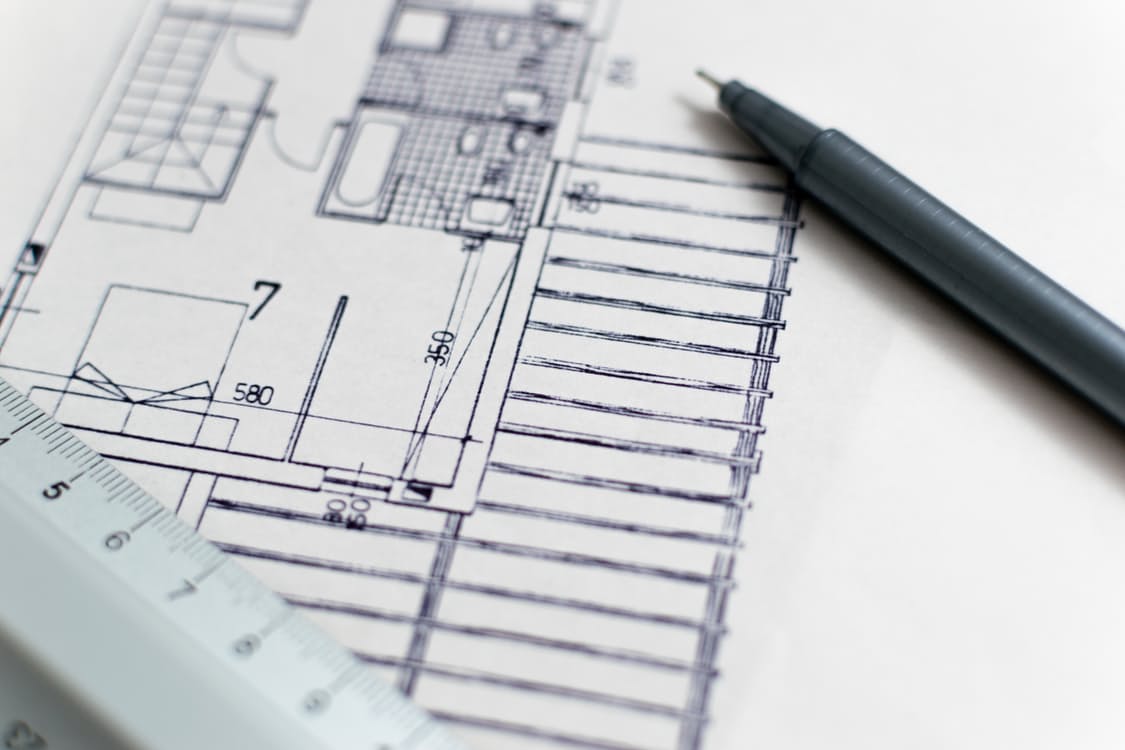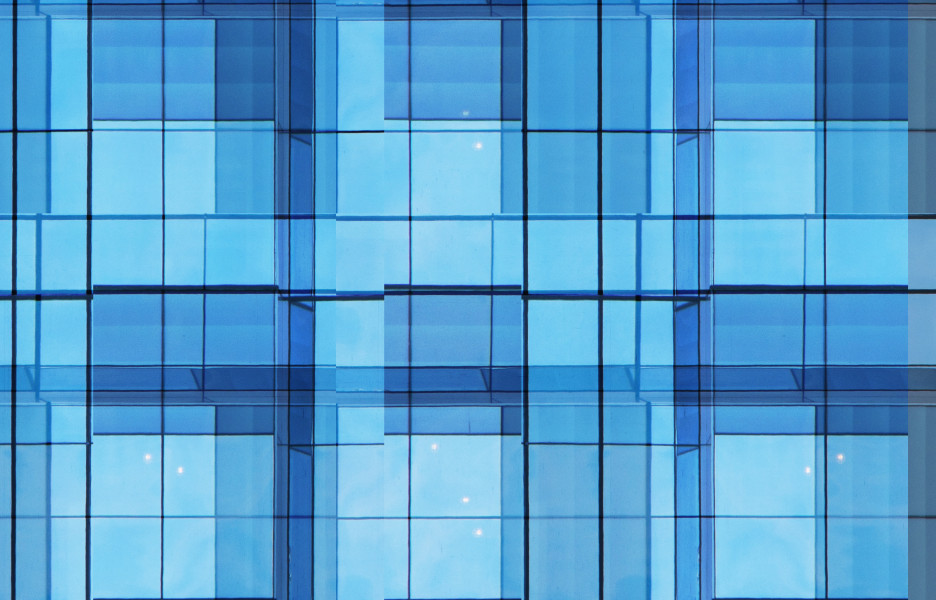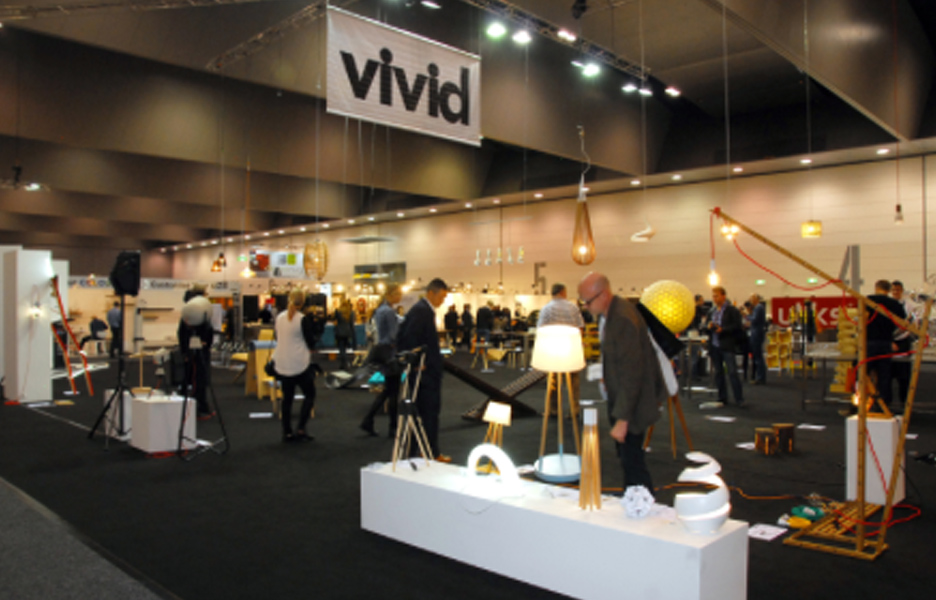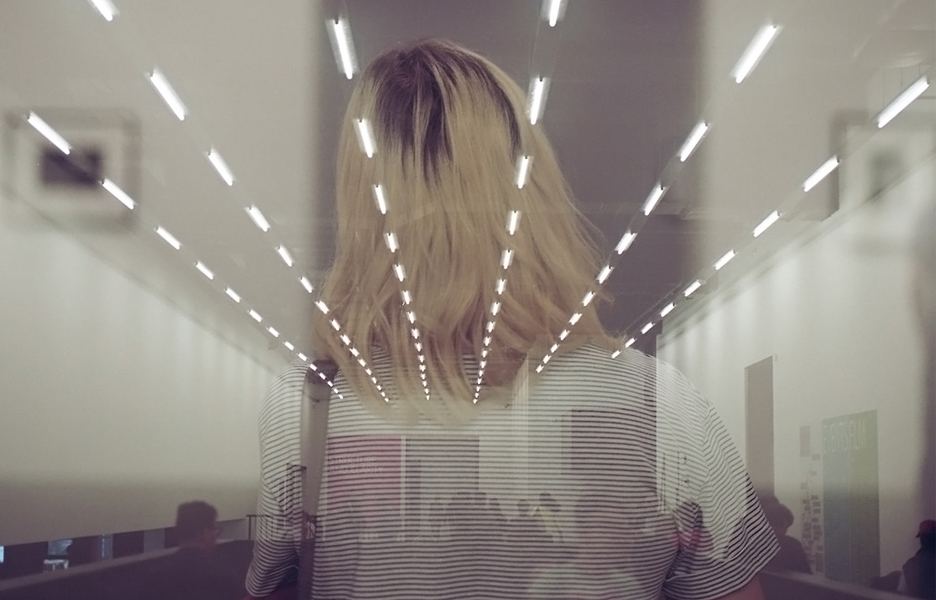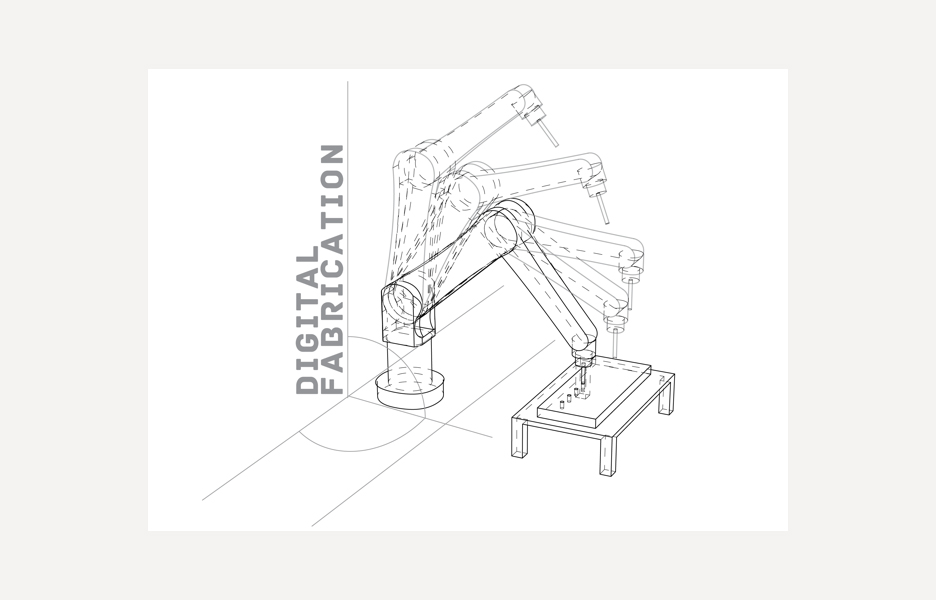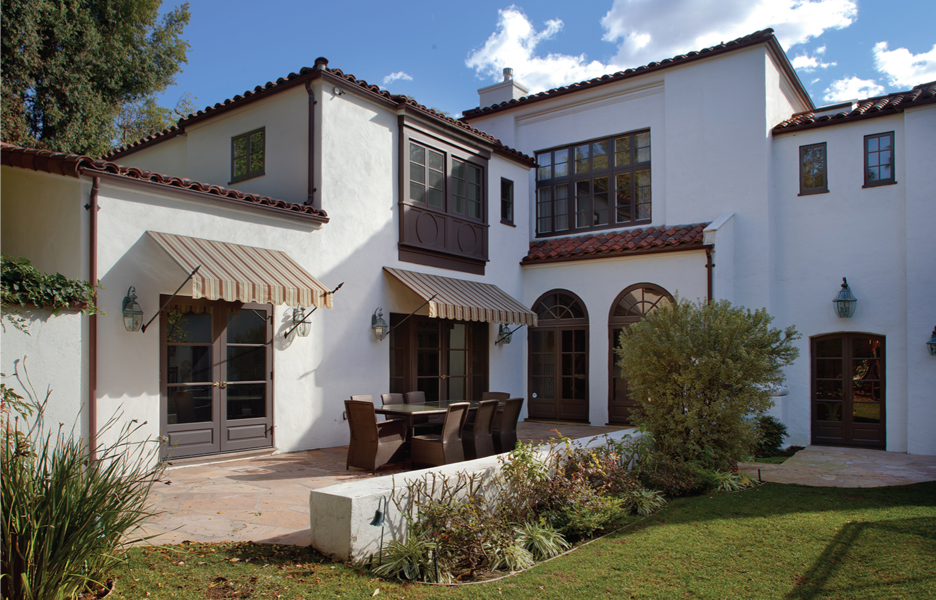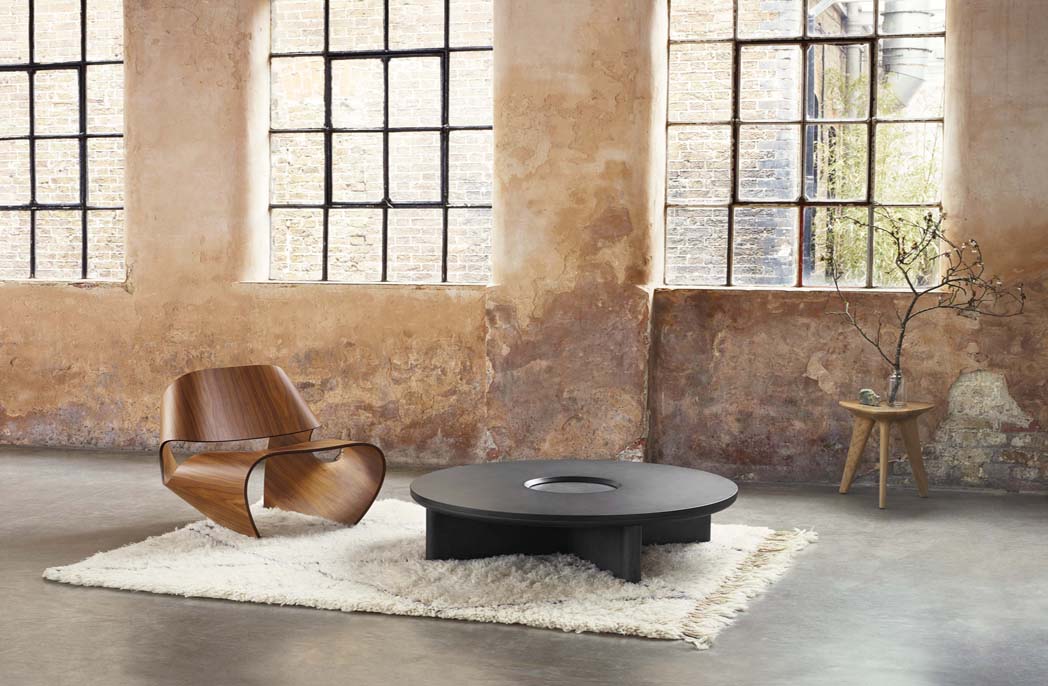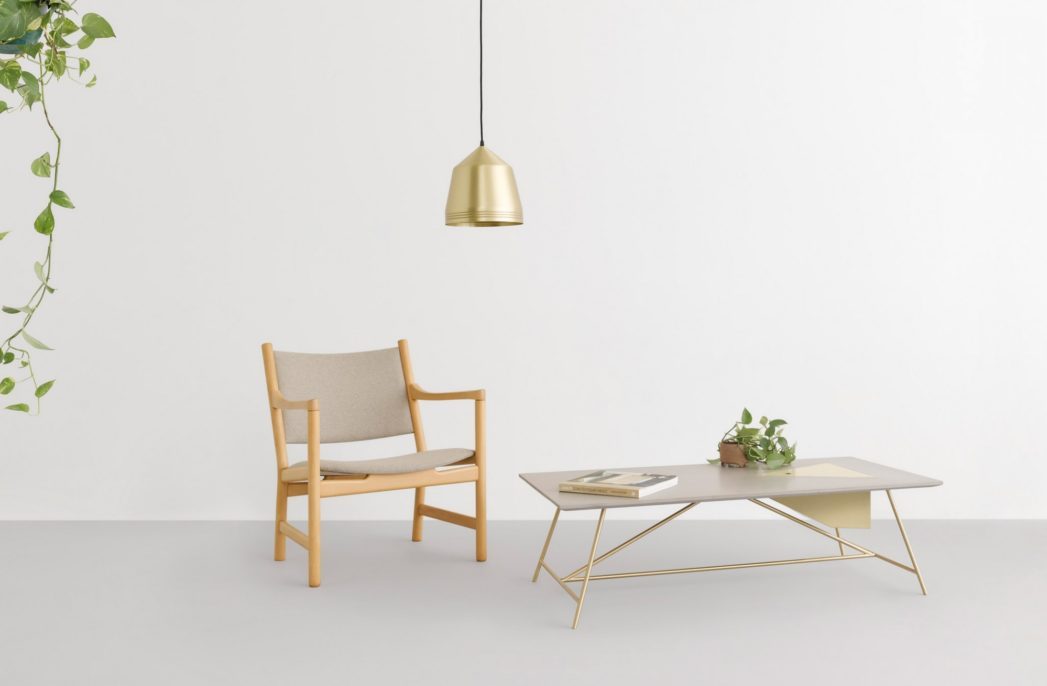
Co-working flex spaces play host to creativity and innovation
Co-working flex spaces play host to creativity and innovation
Share
Josh Alfafara, the general manager of The Great Room’s recently opened co-working flex space in Sydney, believes an office should be more than just a hundred bodies in a hundred chairs. Offices that conjure images of fights over instant coffee in a cramped office kitchen, and bursts of productivity, followed by lethargy and dwindling motivation, are out.
“An office is not just a place to get things done, but a place to gather, create and innovate – it’s more than just four walls,” says Alfafara.
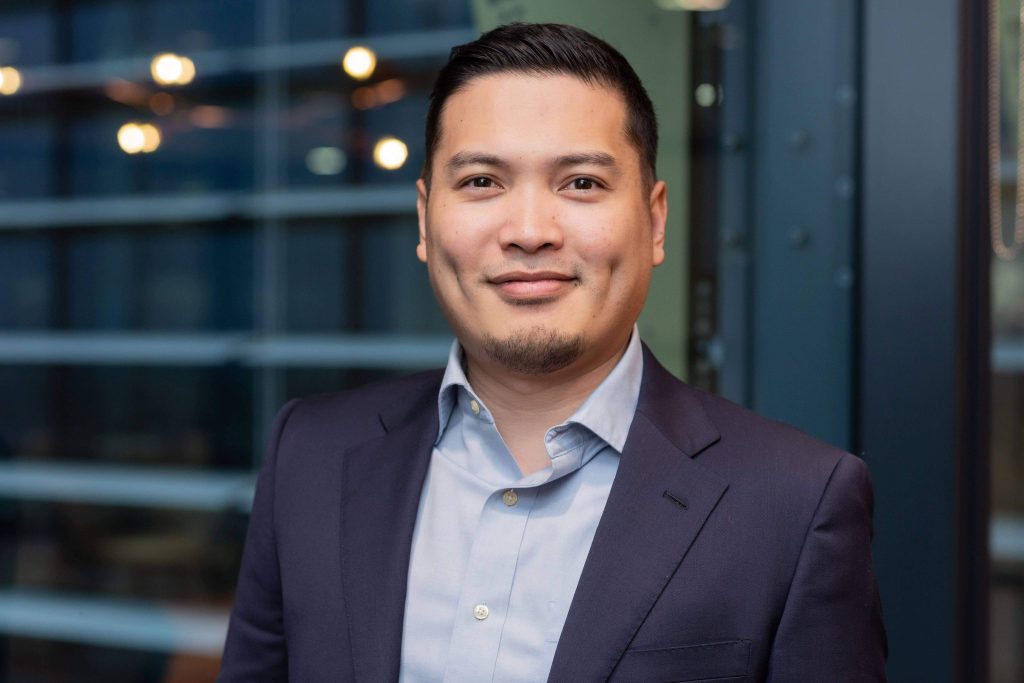
With 15 years’ experience in the global commercial real estate industry, he maintains that an office space is responsible for igniting passion and inspiration and providing users with direction and connections.
“We thrive, personally and professionally, from connection – and an office environment that sees to that, will make people want to come in,” says Alfafara.
Human-centric office management at The Great Room
As the return to office debate gets hotter and more divisive, many workplaces would perhaps be wise to adopt The Great Room’s memorable company philosophy – “it’s all work, it’s all play” – and encourage returning to an office space that oozes energy and joy, and delivers unbridled support to staff.
Founded in 2016 in Singapore, The Great Room promotes a holistic approach to business and office culture. It vows to revolutionise the way people work, meet and socialise by making workspaces enjoyable, alleviating stress and anxiety and eliminating unrealistic and damaging work standards.
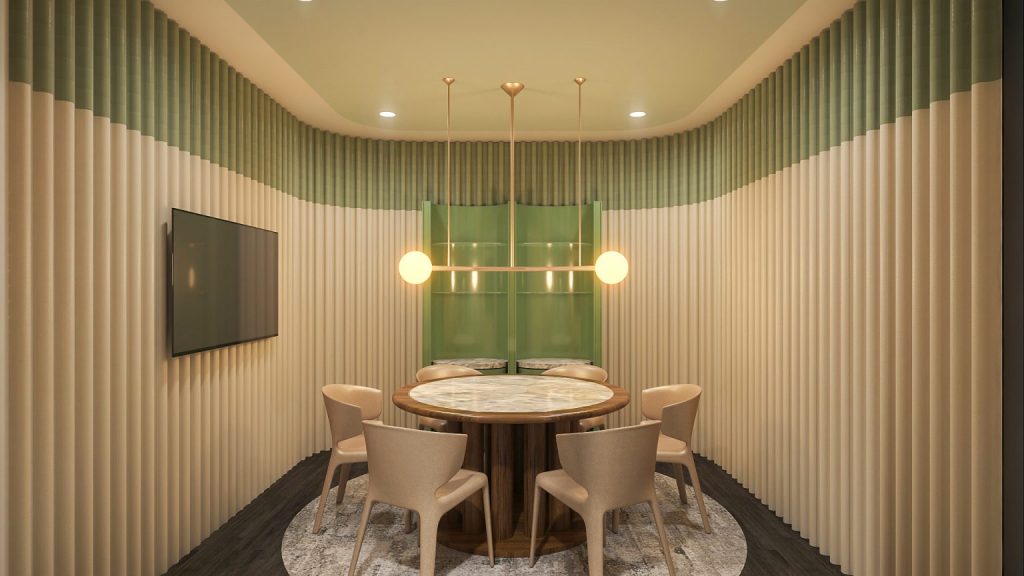
The Great Room has 10 Asia Pacific locations, including a main office and home base in Singapore, and welcomes a new addition to the family via the Sydney office under Alfafara’s care, at 85 Castlereagh Street in the CBD.
“I think what sets us apart from other office and workplace management is that every day our teams and community executives consider what we need to do to make our members happy,” says Alfafara.
An enriched working experience
Designed by acclaimed architecture studio Hassell, The Great Room in Sydney offers members 24/7 access to a range of workspaces – a 30-person capacity office, a ‘hot desk’ or a day pass for a short-term visit – alongside a bar privy to skyline views for knock-offs and weekly breakfast clubs, and personal development and lifestyle events.
“We want to incentivise coming into the office, and make it desirable for people,” says Alfafara.
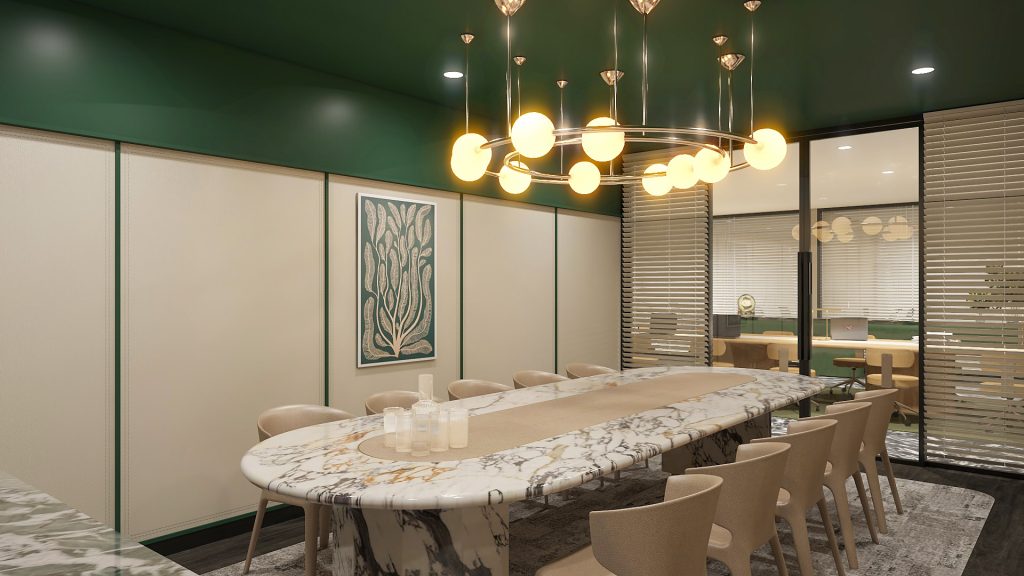
A co-working space swaps onerous overheads for the immense reward of social engagement. “There is the collaborative benefit of being surrounded by like-minded professionals and experiencing a sense of community between different businesses,” says Alfafara.
Connection and camaraderie for all
Although not a new concept, co-working or flex spaces are very much worthy of buzzword status and have nestled their way into the zeitgeist. A co-working space allows for a variety of workers – the solitary employee, freelancer, entrepreneur or small business owner – to still access a sense of connection and camaraderie away from a traditional office environment.
Alfafara is excited to see the perks and rewards of flex and co-working spaces no longer just resonating with start-ups and sole traders. “Many large multinational companies are now including flex spaces in their workplace strategy,” he says.
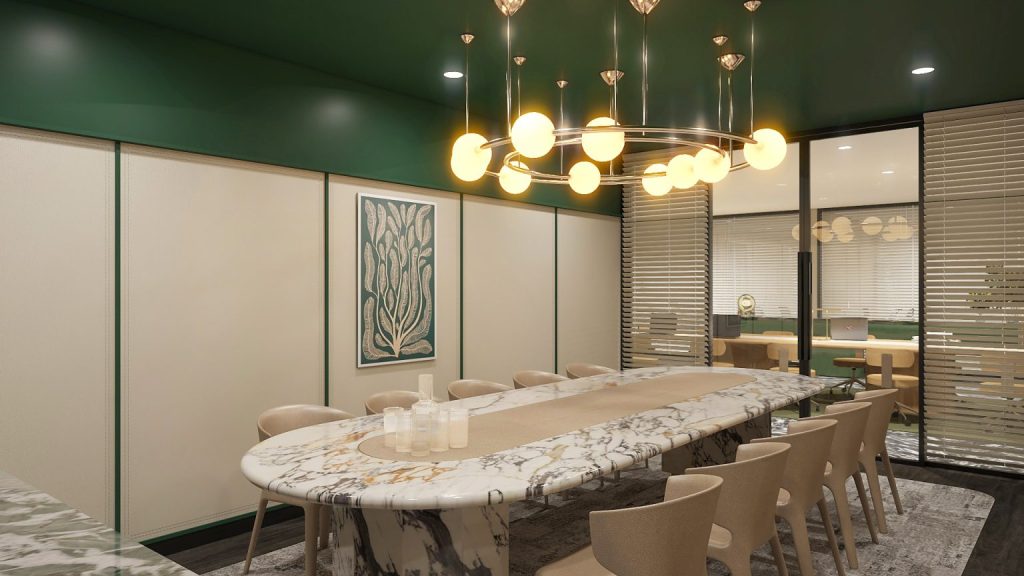
Moreover, co-working and flex spaces aim to avoid the feeling of a clinical and sterile office that bears witness to stress and anxiety, and instead encourage people to go on coffee breaks, chat to colleagues and feel permitted to be themselves in a professional space.
Workplace wellness
While meeting everyone’s needs is an ambitious task, Alfafara is eager to take it on. He is managing all businesses – whether small, large or a one-person show – as The Great Room’s own.
“It’s something that needs to be carefully managed because we can’t please everybody at the same time, and yet we do have to please everybody at the same time,” he laughs.
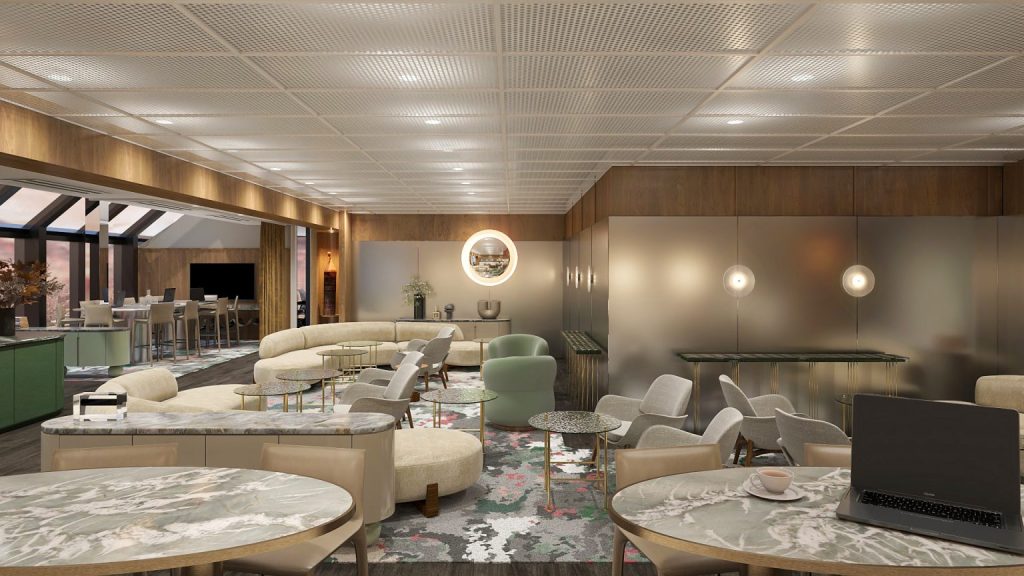
He is an advocate for gentle wellbeing check-ins to foster an environment that is not dripping with seriousness and solemnity, but instead authenticity and realness. “It’s about creating a space where people can be themselves and still be professional,” says Alfafara.
All work and all play
The aforementioned Great Room motto of “it’s all work, it’s all play” echoes the goal to pursue a healthy work-life balance and remove the stiffness and awkwardness of office affairs. Alfafara surmises that if an atmosphere is light-hearted, good-humoured and relaxed, people may be more productive and diligent.
He sees eternal reward in having an open-door policy and encouraging candid and respectful conversations about mental health to determine what motivates us, upsets us or triggers us.
“Not every day is going to be easy, but it’s about being able to communicate with the team so we can cover for each other and still be a well-oiled business,” he says.
Involved in a bigger picture
Member-driven initiatives such as running clubs, trivia nights or raising money for charity create a community that is a colourful and vibrant fusion of different professions and outlooks.
“If a member initiates [an idea] that means that we created a safe enough space for them to feel like they own this community. We find that businesses grow to love being a part of a bigger community and a bigger picture,” says Alfafara.
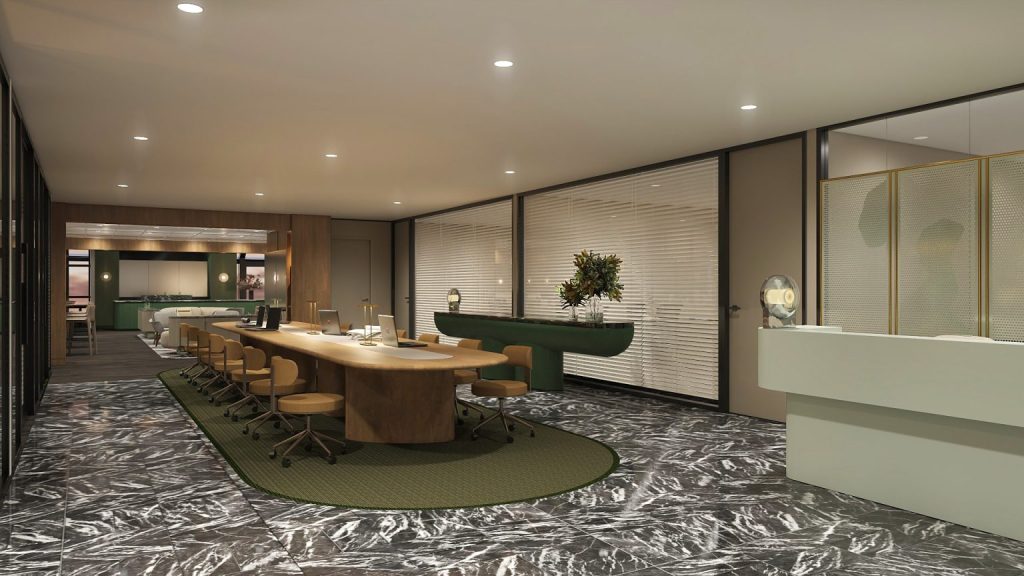
Alfafara’s role in managing co-working and flex spaces is akin to a ‘matchmaker’, which he reveals is one of the most gratifying parts of his job.
“One of the most exciting things about being responsible for connecting businesses is seeing them work on a project, but more so, seeing two people from different businesses that you introduced having lunch together – and you think, ‘oh wow, I did that!’” says Alfafara.
Photography supplied by The Great Room.
Check out Hassell’s report on the importance of design workplace well-being
You Might also Like
